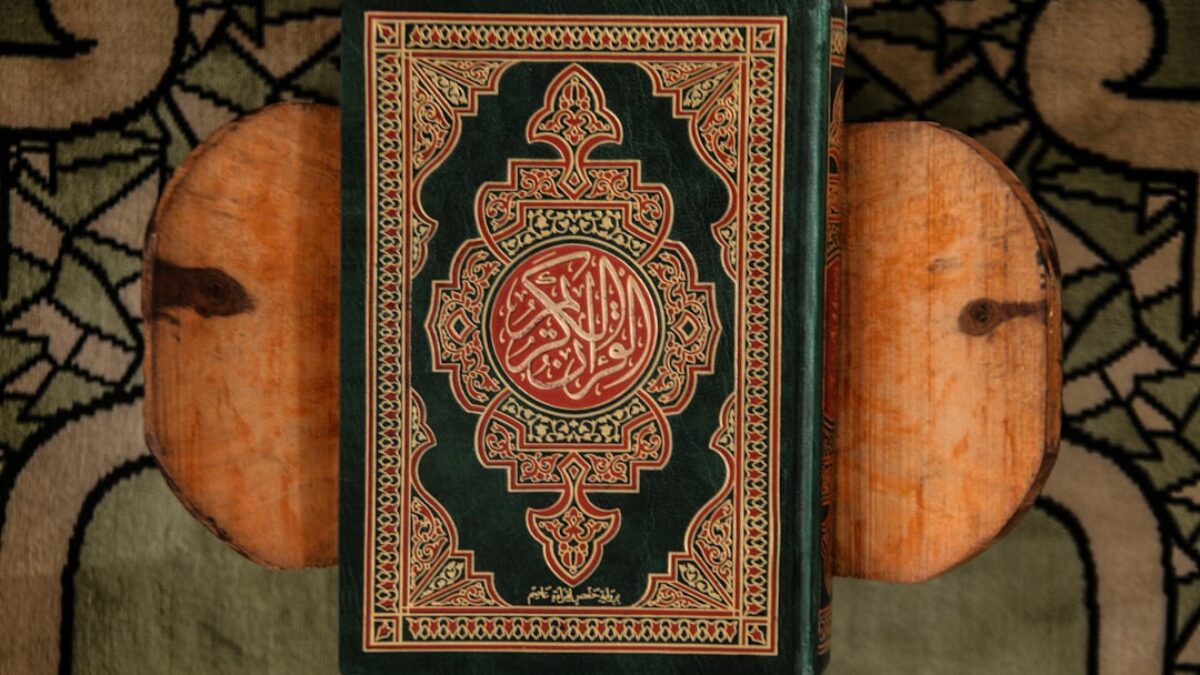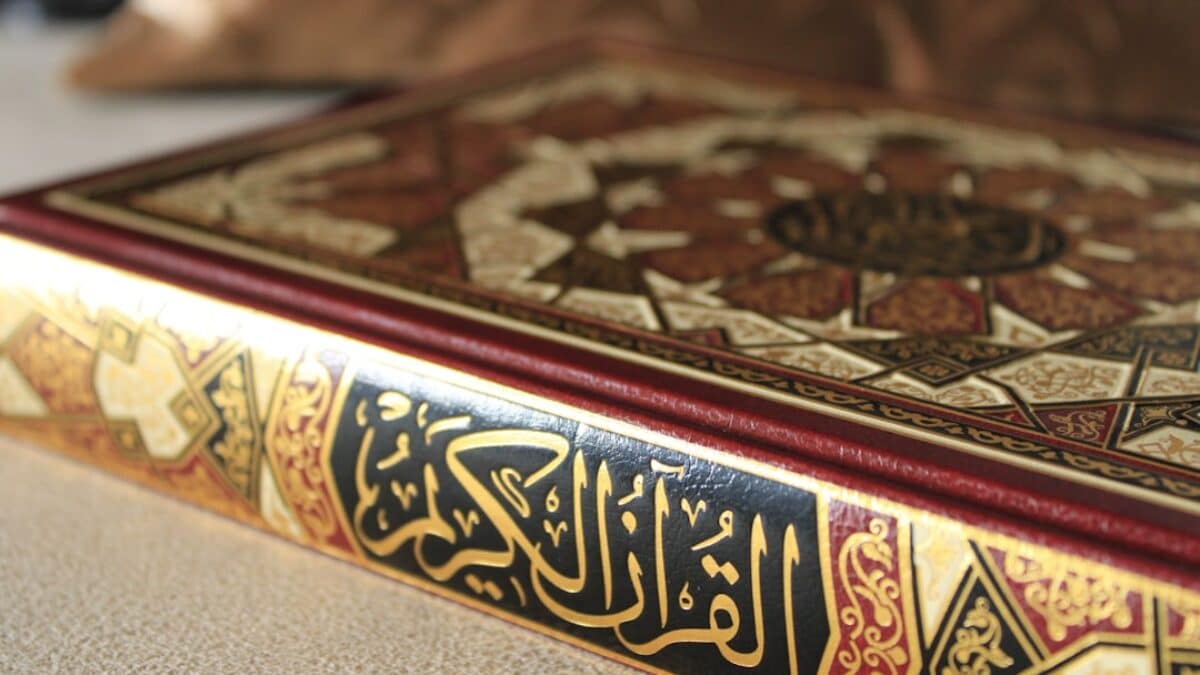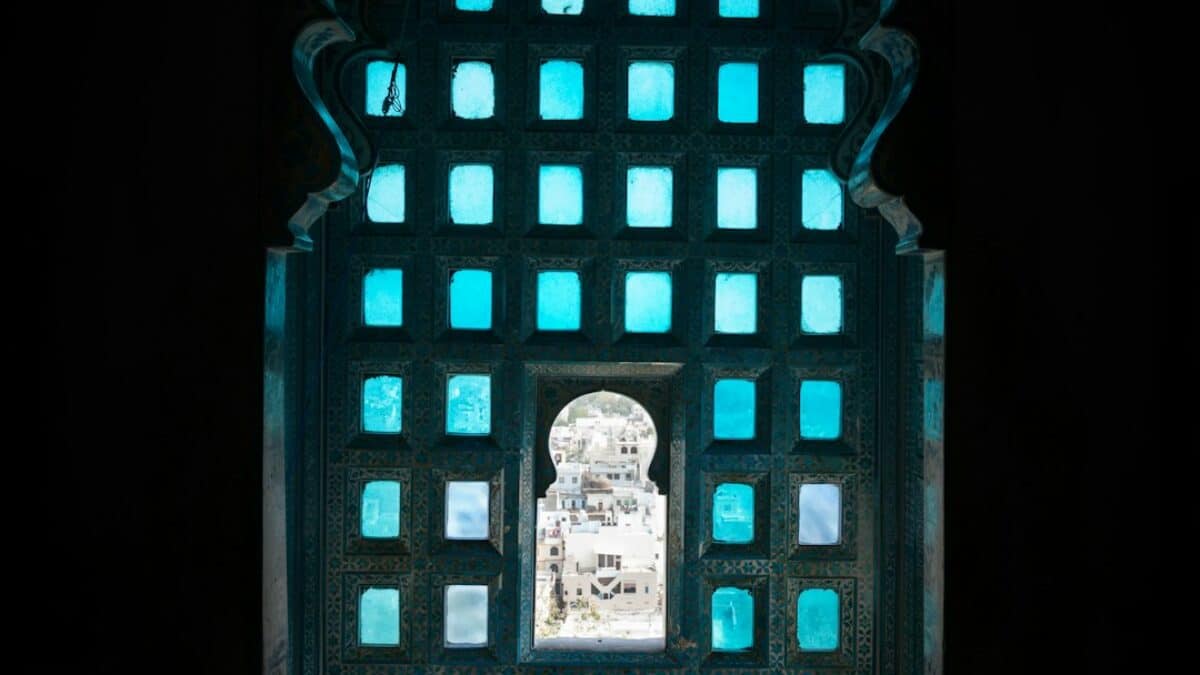Surah Al-Fatiha is the opening chapter of the Qur’an and the most frequently recited surah in every Muslim’s daily prayers. Often called “The Opening” or “Umm al-Kitab” (the Mother of the Book), this seven-verse revelation forms the spiritual backbone of Islamic worship. Yet many believers recite it mechanically, unaware of the transformative power that scholars and the Prophet ﷺ himself highlighted. In this article, we will explore seven powerful benefits of Surah Al-Fatiha that every Muslim should know, understand, and actively seek in daily life. Whether you are a new Muslim, a parent teaching children, or a seasoned worshipper, these insights will deepen your khushūʿ and multiply the reward of every ṣalāh you perform.
Understanding Surah Al-Fatiha
Its Unique Place in the Qur’an
Allah revealed Surah Al-Fatiha as the very first complete chapter given to the Prophet Muhammad ﷺ in Makkah. It is placed at the beginning of the Qur’an as a concise introduction to Tawḥīd, Rubūbiyyah, Uḥūdiyyah, and Ākhirah. Imam Al-Qurṭubī states, “Al-Fatiha is a summary of the entire Qur’an in seven verses.” Each verse pivots around a different aspect of the believer’s relationship with Allah, making it both a statement of creed and a practical prayer.
Linguistic Treasures
- Al-Fatiḥah: From the root f-t-ḥ, meaning “to open,” suggesting that this surah opens both the Qur’an and the heart.
- Al-Ḥamd: Praise that is spontaneous and complete, unlike shukr which is gratitude for a specific favour.
- Rabb: Not just “Lord,” but the One who nurtures, sustains, and educates His creation.
- Maliki yawm al-dī: A majestic shift from Rāḥman and Rāḥīm to absolute sovereignty on Judgement Day.
Key Components of Surah Al-Fatiha
The Seven Verses at a Glance
| Verse # | Arabic Phrase | Core Theme | Prayer Component |
|---|---|---|---|
| 1 | Al-ḥamdu lillāhi | Praise & Acknowledgement | Opening gratitude |
| 2 | Al-Raḥmāal-Raḥīm | Divine Mercy | Hope & reassurance |
| 3 | Māliki yawmi al-dī | Divine Sovereignty | Awareness of Judgement |
| 4 | Iyyāka naʿbudu | Exclusive Worship | Petition & submission |
| 5 | Ihdinā al-ṣirāṭ | Guidance Request | Central prayer |
| 6 | Ṣirāṭ al-ladhīna… | Path Specification | Role-model invocation |
| 7 | Ghayri al-maghḍūb… | Seeking Protection | Shield from deviation |
Spiritual Anatomy of the Surah
Imam Ibn al-Qayyim describes Surah Al-Fatiha as “a conversation between the slave and His Lord.”
- The slave begins with praise.
- Allah responds, “My slave praised Me.”
- The slave mentions mercy.
- Allah says, “My slave extolled My mercy.”
- The slave acknowledges sovereignty.
- Allah replies, “My slave glorified Me.”
- Finally, the slave asks for guidance, and Allah answers, “For My slave is what he asked.”
Benefits and Importance
1. A Conversation with Allah in Every Rakʿah
Authentic narrations in Ṣaḥīḥ Muslim confirm that when you recite Al-Fatiha, Allah Himself responds to every verse. This transforms a mechanical ritual into a living dialogue. Imagine standing in ṣalāh after a stressful day; each phrase reconnects you to the Divine as if Allah is personally reassuring you.
“When the worshipper says ‘Al-ḥamdu lillāhi Rabb al-ʿālamī,’ Allah says, ‘My servant has praised Me.’” — Prophet Muhammad ﷺ (Muslim)
2. Complete Healing (Shifāʾ) for Body and Soul
The Prophet ﷺ used Al-Fatiha as ruqya for a companion bitten by a scorpion. After reciting the surah and blowing lightly, the man stood up instantly cured (Bukhari & Muslim). Scholars classify its healing power in three dimensions:
- Physical: Sound waves from Qur’anic recitation reduce cortisol levels, lowering stress-related illnesses.
- Spiritual: The surah dispels whispers of Satan and lifts emotional heaviness.
- Social: Families who recite it together report less conflict, as hearts soften through shared dhikr.
3. A Comprehensive Dua Encapsulated in One Surah
The bulk of Al-Fatiha is duʿāʾ. Imam al-Shāfiʿī said, “If Allah had revealed no other book besides Al-Fatiha, it would have sufficed.” It contains:
| Type of Dua | Phrase in Al-Fatiha | Modern Relevance |
|---|---|---|
| Guidance | Ihdinā al-ṣirāṭ al-mustaqīm | Career choices, marriage, ethical dilemmas |
| Protection | Ghayri al-maghḍūb ʿalayhim | Shielding from extremist ideologies |
| Knowledge | Ṣirāṭ al-ladhīna anʿamta ʿalayhim | Following Prophetic methodology |
4. A Shield Against Punishment on Judgement Day
The Prophet ﷺ said, “Al-Fatiha and the last verses of al-Baqarah will suffice as an intercession for the one who recites them.” (Tirmidhī). Regular recitation engraves these verses on the believer’s record of deeds, causing the surah to testify on his behalf when the books are spread wide open.
5. Elevator of Spiritual Rank (Darajāt)
Abu Hurayrah reported that the Prophet ﷺ said, “Whoever performs a ṣalāh without reciting Umm al-Kitab, it is deficient, not complete.” (Bukhari). The surah is therefore the minimum standard for ṣalāh validity, and its heartfelt recitation raises the worshipper’s rank in Paradise by degrees proportional to sincerity and reflection.
6. Source of Barakah in Provision
A businessman once complained to Ibn ʿUmar about low income. Ibn ʿUmar replied, “Increase your recitation of Al-Fatiha, for it is the key to every barakah.” The surah’s emphasis on Rubūbiyyah (Lordship) instills gratitude, leading to wiser spending, ethical earnings, and ultimately, sustained prosperity.
7. Strengthening of Tawakkul (Reliance on Allah)
Reciting Māliki yawm al-dī daily reinforces the reality that ultimate outcomes are in Allah’s hands, not stock markets or politicians. This produces calm during crises and prevents despair. A 2025 study by the International Islamic University’s psychology department found that Muslims who recite Al-Fatiha consciously in ṣalāh score significantly lower on anxiety scales than control groups.
Practical Applications
In Daily Ṣalāh
- Pause at commas: Stop briefly after each verse to absorb its meaning.
- Alternate translations: Recite in Arabic, then whisper the English meaning to yourself.
- Visualise the response: When you say iyyāka naʿbudu, picture yourself lowering your ego before the King.
As Ruqya for Family
- After Fajr and Maghrib, gather the household and recite Al-Fatiha seven times over water. Let each member drink and wash the face.
- For children scared of nightmares, blow lightly over their beds while reciting the surah.
Memorisation Tips for Children
Turn each verse into a hand gesture:
- Al-ḥamdu lillāh — raise hands in thanks.
- Al-Raḥmāal-Raḥīm — hug yourself to feel mercy.
- Māliki yawm al-dī— point upward, reminding of Judgement Day.
In Professional Life
Before interviews, silently recite Al-Fatiha focusing on Ihdinā al-ṣirāṭ al-mustaqīm, asking Allah to guide your speech and the interviewer’s perception. Many converts report feeling an unexplained confidence after adopting this practice.
Frequently Asked Questions
What is the best time to recite Surah Al-Fatiha outside ṣalāh?
While there is no specific prophetic timing, scholars recommend reciting it after every farḍ prayer with the intention of thankfulness. A further sunnah moment is between sunnah and farḍ of Fajr, when angels are recording. Night-shift workers can recite it during the last third of the night as an alternative to ṣalāh al-layl.
Can women recite Al-Fatiha loudly during menstruation?
Yes, menstruating women may recite Qur’an by qirāʾah (reading from memory or a phone) without tilāwah etiquette (e.g., not touching the muṣḥaf). The Malikis allow any recitation, while the Ḥanafis permit teaching children or making ruqya. In both views, reciting Al-Fatiha for healing is permissible.
Is there a difference between reciting Al-Fatiha 3, 7, or 41 times for a need?
Classical scholars say that odd numbers are generally preferred in dhikr, hence the frequent mention of 7 recitations. Forty-one recitations appears in later awrad books; while not sunnah, it is permissible if one does not believe the number itself holds power. The correct intention is pivotal: seeking Allah’s help, not the quantity.
How can non-Arabic speakers deepen their connection with Al-Fatiha
























Post Comment